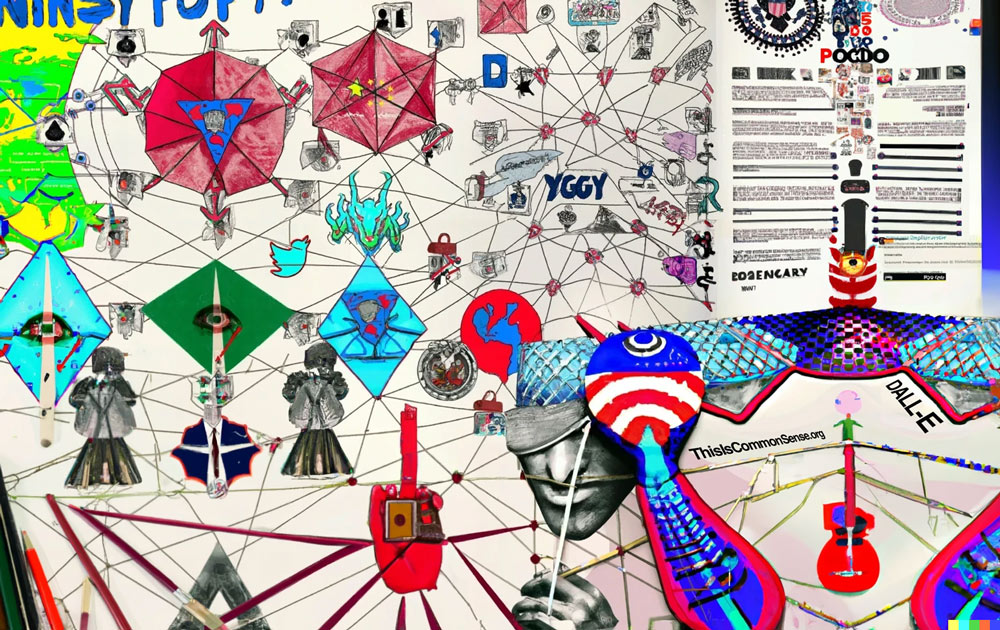It’s not quite the magical invisibility cloak worn by Harry Potter. But it’s the next best thing.
Chinese students have created apparel that human eyes can see but that hides the wearer from security cameras and recognition software.
The InvisDefense coat looks ordinary. So it won’t by itself arouse the suspicion of other people on the street. But it is designed in such a way as to foil the kind of cameras that, for example, try to identify who is protesting Chinazi lockdown insanity.
During the day, the printed pattern of the InvisDefense coat blinds cameras. At night, the coat emits heat signals that disrupt infrared. It was invented by Chinese graduate students at Wuhan University under the guidance of computer science professor Wang Zheng. Their coat won first prize in an innovation contest sponsored by Huawei.
Wang observes that “many surveillance devices can detect human bodies. Cameras on the road have pedestrian detection functions. And smart cars can identify pedestrians, roads, and obstacles. Our InvisDefense allows the camera to capture you. But it cannot tell if you are human. . . .
“We use algorithms to design the least conspicuous patterns that can disable computer vision.”
And the coat costs only seventy bucks or so.
I’m not always a fan of the algorithms. In this case, shout Hooray for algorithms and for those who put them to such good use by inventing the InvisDefense coat.
I hope these students sell about eight billion of them.
This is Common Sense. I’m Paul Jacob.
Illustration created with DALL-E2
—
See all recent commentary
(simplified and organized)





